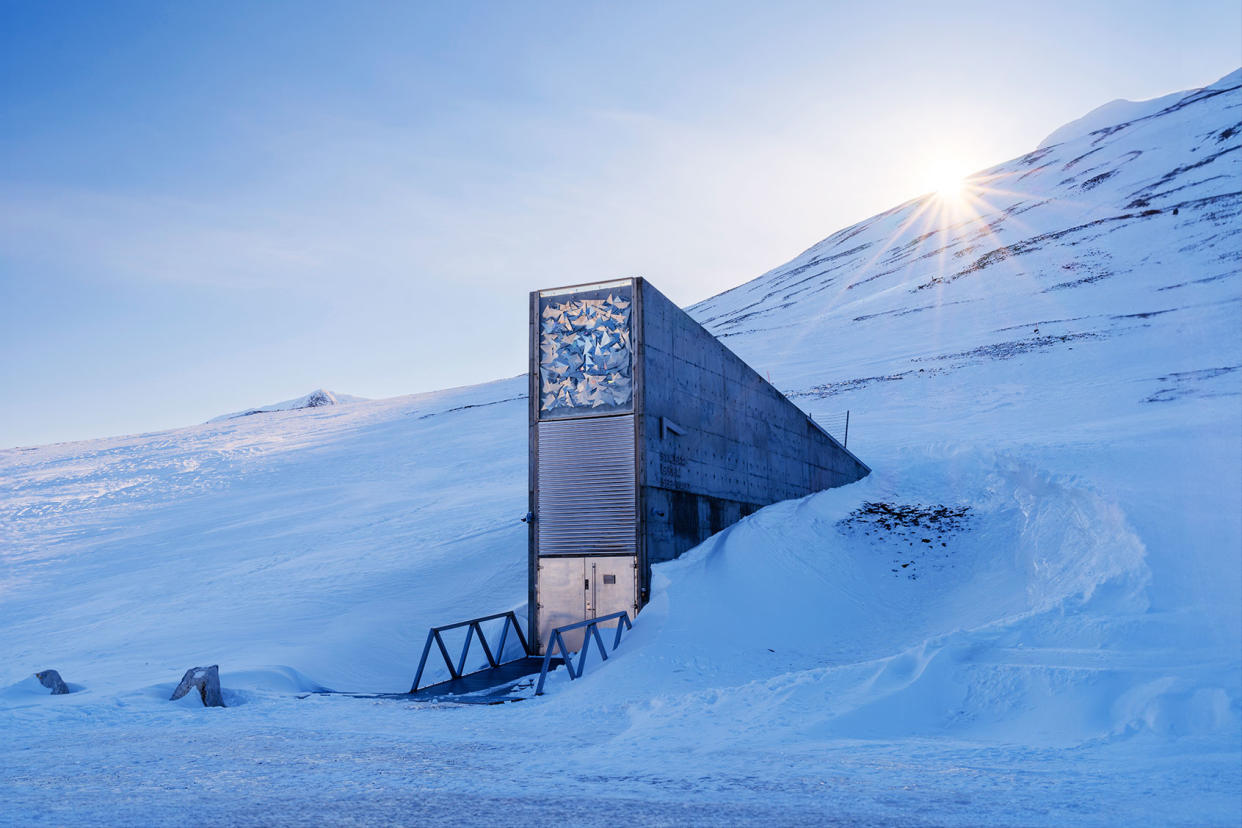Luna's ark: Scientists call for backup seed vaults on Moon

As terrestrial bio-vaults face rising threats from climate change and war, scientists are calling for the creation of a new vault on the surface of the Moon where living cells and seed samples could be stored as an emergency backup to preserve Earth's biodiversity. As reported by the Guardian Wednesday, an international team of experts now say we no longer have enough time to protect the thousands of species at risk of extinction from climate change — and urgent action is needed to preserve DNA samples of plants and animals for future repopulation efforts.
The proposed lunar biorepository, described in the journal BioScience, would be similar to the widely known Svalbard seed vault in the Arctic Circle, where global samples for primary food crops are stored. The lead author of the lunar vault proposal — Dr. Mary Hagedorn of the Smithsonian’s national zoo and conservation biology institute — pointed to recent flooding incidents threatening the Svalbard Global Seed Vault, a Norwegian seed bank, and to the 2022 destruction of Ukraine's seed bank.
“If there had not been people there, flooding could have damaged the biorepository....the idea of having a really secure, passive biorepository for safeguarding Earth’s biodiversity seems like a really good idea,” Hagedorn told the Guardian. "We know how to do this and can do this and will do this, but it may take decades to finally achieve."
The team say the Moon is an appealing location for a backup bio-vault due to its natural features, including deep craters near polar regions which never see sunlight and frigid conditions that readily reach the -196 degrees Celsius needed for long-term biological sample preservation.

